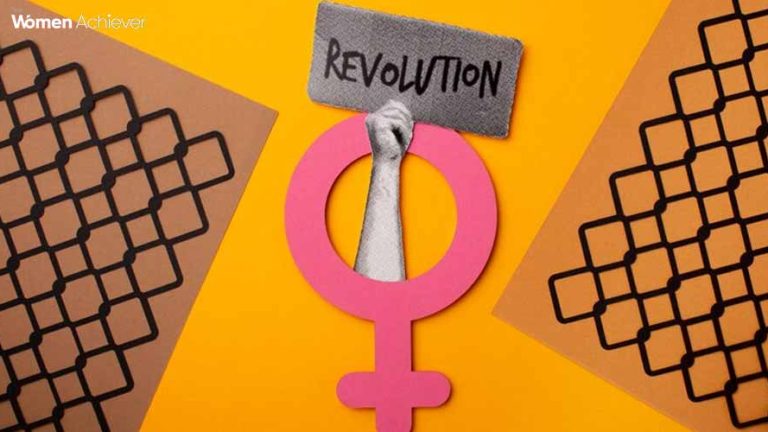Here are Why Feminism Is Still Relevant in the Modern Age: A Call for Equality
In a world where technology, culture, and social systems have advanced dramatically, some may wonder if feminism is still important. With women in leadership positions, equal pay laws in place, and the visibility of women’s rights movements increasing, it’s easy to believe that feminism’s mission is complete. However, feminism is still as relevant as ever.
1. The Gender Pay Gap still exists
Despite decades of activism, women continue to earn less than men for the same jobs. In many nations, women are paid roughly 80% of what men are paid, with the disparity expanding for women of colour and those working in low-wage jobs. Feminism continues to struggle for equal pay and economic equality, with the goal of closing the chronic wage gap.
2. There is limited representation in leadership
While progress has been achieved, women remain significantly underrepresented in leadership positions throughout industries, from business and politics to technology and media. Women make up a small percentage of CEOs at major corporations and hold fewer political positions. Feminism is important to ensure that more women can lead, influence policy, and form industries.
3. Gender Based Violence
Violence against women continues to be a serious problem around the world. Every year, millions of women are subjected to gender-based violence, including domestic violence, sexual harassment, and assault. Feminism is critical in lobbying for legislation that protect women, bring criminals accountable, and give support to survivors.
4. Reproductive rights
Access to reproductive healthcare, including contraception and abortion, is a sensitive subject in many regions of the world. Feminism defends women’s freedom to make their own decisions regarding their bodies while also providing access to safe, legal, and affordable healthcare.
5. Work/Life Balance
Many women continue to struggle with balancing career goals and family duties. Societal expectations frequently lay the weight of caregiving and home chores on women, limiting their professional development. Feminism argues for gender equality and measures such as paid maternity leave and inexpensive childcare to help women advance in their jobs.
6. Intersectionality in Feminism
Modern feminism has expanded to encompass the intersections of race, sexuality, class, and disability. This inclusivity is critical, as women from underprivileged communities confront issues that must be addressed. Intersectional feminism strives to guarantee that all voices are heard, and that the movement addresses different forms of oppression.
7. Media Representation
Women are still regularly objectified or confined to supporting roles in media, with stereotypes still prevalent. Feminism advocates for more diverse, empowering, and accurate depictions of women in films, television shows, marketing, and literature, so contributing to a cultural change toward gender equality.
8. Educational Equality
Despite substantial educational gains for women, many parts of the world still deny females access to basic education. Feminism fights for girls’ rights to attend school, obtain further education, and have equal access to resources that help them achieve their goals.
9. Challenge Gender Norms
Feminism fights outmoded gender stereotypes that constrain both men and women. These standards prescribe how people should behave according on their gender, frequently restricting women’s ambitions and confining men into restrictive roles. Feminism aims to tear down these barriers, encouraging people to live authentically without fear of being judged.
10. Promoting Global Women’s Rights
While much progress has been made in Western countries, women in other parts of the world continue to endure significant oppression, ranging from a lack of voting rights to restrictions on mobility, dress, and expression. Feminism continues to play an important role in pushing for women’s rights on a worldwide basis, seeking to achieve gender equality in all nations.
Why Feminism is for Everyone
Feminism helps society as a whole. Feminism, by campaigning for equality, envisions a society in which all people, regardless of gender, have the opportunity to pursue their passions, make their own decisions, and live without fear of discrimination or violence. It is a movement that promotes justice, fairness, and respect for everyone.
Conclusion: Feminism does not aim to elevate women above men; rather, it seeks to ensure equality for all. Feminism addresses concerns such as economic injustice, gender-based violence, reproductive rights, and representation, which are still relevant today. Feminism will remain vital and valuable until all women, regardless of background, have equal rights and opportunities as men.





Add comment